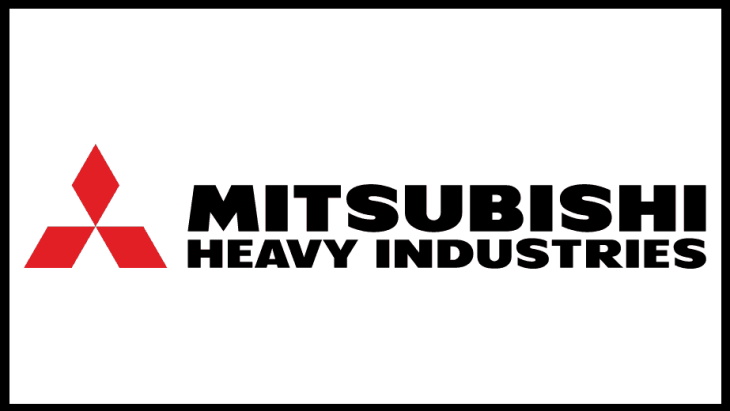MHI noted Japan's latest Strategic Energy Plan aims to increase the share of nuclear in the country's power generation mix to 20-22% by 2030. Additionally, several other countries have announced plans to construct nuclear power plants in order to meet climate targets or due to energy security concerns.
The company said ten Japanese power reactors have been restarted, with a further 16 planned. All the reactors restarted so far have been pressurised water reactors (PWRs). MHI plans to expand its support for boiling water reactors (BWRs) and assist in the construction of additional safety measures - including bunkered back-up control centres - which are now required under Japan's revised regulations.
In addition, it will work to complete construction of the reprocessing plant and mixed-oxide (MOX) fuel fabrication plants under construction in Rokkasho, in Aomori Prefecture. The company said it will also provide "maximum support" for maintenance after the facilities are completed.
Under its 2021 Medium-Term Business Plan - which was published on 30 October 2020 and aims to strengthen profitability and develop growth areas - MHI also plans to develop new reactor designs. It is working on a "next generation" light water reactor that will feature further safety improvements, such as a core catcher and a radiation leak prevention system. Such as reactor - with a generating capacity of up to 1200 MWe - will improve compatibility with renewables by increasing "output adjustment capability". MHI is targeting commercialisation of the reactor in the mid-2030s.
The company is also developing a small modular light water reactor, with a power output of 300 MWe. Providing power for distributed, small-scale grids, the SMR will feature fully passive safety systems and an integrated reactor vessel design.
MHI is also developing a high-temperature gas-cooled reactor for hydrogen production. It noted that last month it announced the launch, in collaboration with the Japan Atomic Energy Agency, of a demonstration project for hydrogen production using the High-Temperature Test Reactor in Oarai, Ibaraki Prefecture.
It is also working on developing fast reactors. "By completing the nuclear fuel cycle, fast reactors can be used to efficiently utilise nuclear resources and reduce the volume and hazard level of high-level radioactive waste," MHI said. In January, MHI signed a Memorandum of Understanding with TerraPower of the USA to cooperate on the development of sodium-cooled fast reactors.
MHI is also developing an all-solid-state microreactor design which it says could be used as a power source for isolated islands and remote areas as well as following natural disasters.
The company also noted is has been involved in the development of fusion power, manufacturing some of the main equipment for the International Thermonuclear Experimental Reactor under construction in Cadarache, southern France. MHI said it is also developing plans for a prototype fusion reactor.






_63865.jpg)
_18570.jpg)
_16159.jpg)





